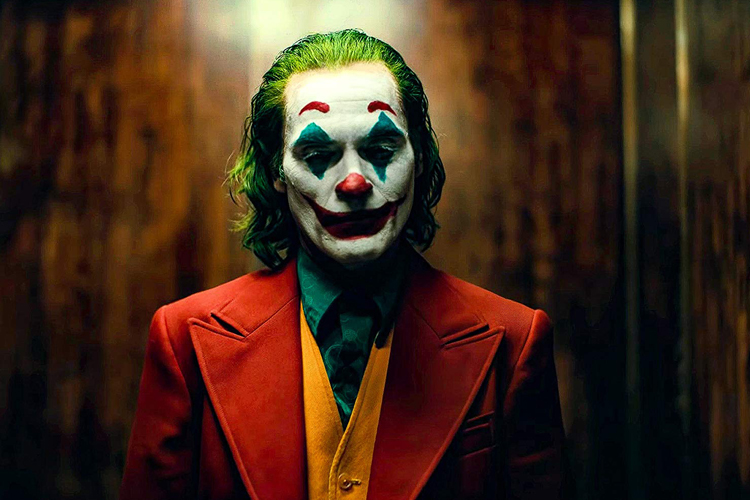The protagonist of Martin Scorsese’s Taxi Driver was almost a villain. Travis Bickle, a working-class man who’s sick of the moral decline of New York City, turned to violence to make sense of his lonely life. After he shoots up a brothel and rescues an underage girl, the public hails him as a hero—but what they don’t know is that earlier that day, he attempted to kill a populist politician to get revenge on a woman who rejected him. If he’d succeeded in his first goal, the world would’ve seen him as a misogynistic monster. But a few hours passed, his violent impulses found a new target, and he became an object of praise. The movie raises some tough questions—but what does all this have to do with Joker?
The protagonists of Taxi Driver and Joker share more than a passing resemblance. Arthur Fleck, a working-class man who’s sick of the moral decline of Gotham City, turns to violence to make sense of his lonely life. Just like Travis Bickle, Fleck’s descent into violence kicks off when his coworker grants him easy access to a gun. Bickle kept a diary of platitudes; Fleck keeps a diary of jokes. Oh, there’s a key difference! Fleck is a fledgling stand-up comedian who idolizes a famous talk show host (Robert De Niro) and dreams of making an appearance on his show. But wait—that’s the exact plot of The King of Comedy, also directed by Martin Scorsese, and starring—you guessed it—Robert De Niro. Joker isn’t a tribute to its inspirations so much as it’s a mashup of them.
The distinguishing factor is that we already know the Joker is a villain. Shoving an inevitable villain into a Scorsese meat grinder may seem like a messy notion, but writer/director Todd Phillips makes the conceit work—tonally, at least. Joker isn’t another case of comic book formula with dreams of maturity: it’s a movie with big, challenging ideas, and it boasts a tone to match. Joker moves at a slow but deliberate pace, mostly eschewing immediate pleasures in favor of subtext and meaningful imagery. Phillips and co-writer Scott Silver have a firm grasp of visual symbolism—stairs represent sanity, clown makeup signifies inner conflict, and there are even moments of interpretive dance. Joker commits to its vision with panache.
But like owning hyenas as pets, simply having big, challenging ideas isn’t as important as how well they’re handled. Taxi Driver and The King of Comedy have stood the test of time because they’re deep looks with relatively limited scopes: Taxi Driver interrogates the connection that violence has to isolation and justice; The King of Comedy depicts the relationship between media sensationalism and mental illness. Joker attempts to do all of the above and more. Its overreach leaves its ideas scattered—it’s saying a lot of things, but it’s not saying very much about those things.
Joker is at its most thematically interesting when it scurries out from under Scorsese’s shadow. Its unique additions to the Joker mythos—namely that the true origin of Gotham’s villains is the ruthless capitalism perpetuated by the Wayne family—are stimulating exercises in seeing old stories through new lenses. But like a rebellious child, Joker is a bit too eager to show off how it differs from its ancestors. “KILL THE RICH: A NEW MOVEMENT?” shouts the front page of every newspaper, conspicuously turned towards the camera. For a movie that lacks depth, a little subtlety could’ve gone a long way.
When it’s time for Arthur Fleck to become the Joker, the movie shrugs off its surplus of complex themes, preferring to let the villain soliloquize about how the world is bad and therefore he must also be bad. Trite as that is, Joaquin Phoenix manages to sell it with emotional severity. It almost feels redundant to say that Phoenix is marvelous in the role of a broken man: he’s one of the best actors alive, and broken men in his specialty. He successfully emphasizes the human where other actors brought out the monster.
I’d be remiss not to mention the controversy surrounding the movie, born partly of outrage culture and partly of the director’s stupid remarks. The fact is that Joker isn’t provocative or focused enough to inspire the actions that people seem to think it will. It’s a bold movie, that’s undeniable—but its boldness only pays off marginally, and many of its ideas have already been covered by movies that deserved their controversies.
★★★ (3/5)




